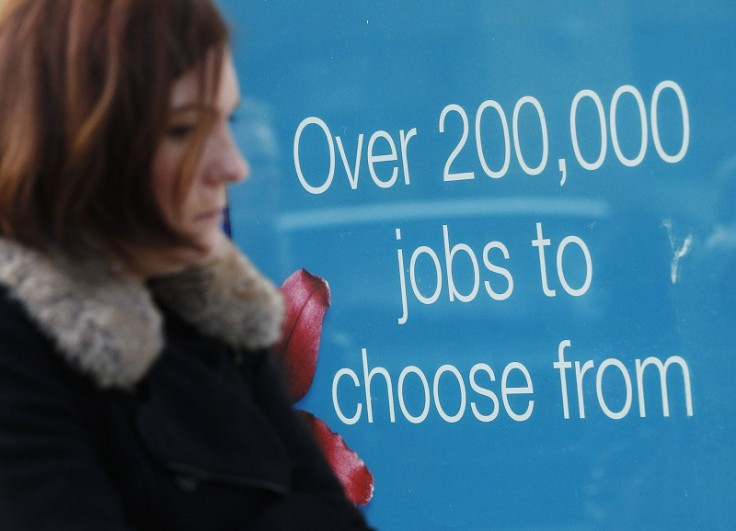Gay Applicants 40% Less Likely to be Offered a Job Interview

Openly gay job applicants are considerably less likely to be offered a job interview - 40% less likely in fact - according to a study carried out involving potential employers in Cyprus.
Dr Nick Drydakis of Anglia Ruskin University and the author of the research, sent out four applications for each of 9,000 roles that he applied for, with almost identical experience and qualifications.
Two of the applications were for a heterosexual man and woman, and the other two were for a gay man and woman.
The applications were sent to six different job sites and involved work in offices, industry, cafes, restaurants and shops.
In the covering letters for the applications, one set of male and female applicants said they had been volunteers for a charity; the other two claimed to be members of the Cypriot Homosexual Association.
The survey found that a gay male is 39% less likely to be offered an interview than his heterosexual counterpart, whilst lesbian applicants are 42.7% less likely.
"The hiring process is perhaps the single most important part of the employment relationship, but is the least understood," said Dr Drydakis.
"What is clear is that people who face biased treatment in the hiring process must spend more time and resources finding jobs, and at the same time firms are missing out on potential talent as a result of biased hiring."
The research also found that lesbian applicants who were invited to interviews were for companies that were paying on average 5.8% lower than the firms who invited the heterosexual applicants, and this widened to 9.2% for homosexual men.
Dr Drydakis added: "The results of this study in Cyprus show that these differences in offer rates and salaries can lead to significant welfare losses for gay and lesbian job seekers."
"To date, Cyprus has not devoted the necessary resources to public education in the area of employment. This is apparent in the public's general lack of awareness regarding the legal protection against unequal treatment," he said.
© Copyright IBTimes 2024. All rights reserved.






